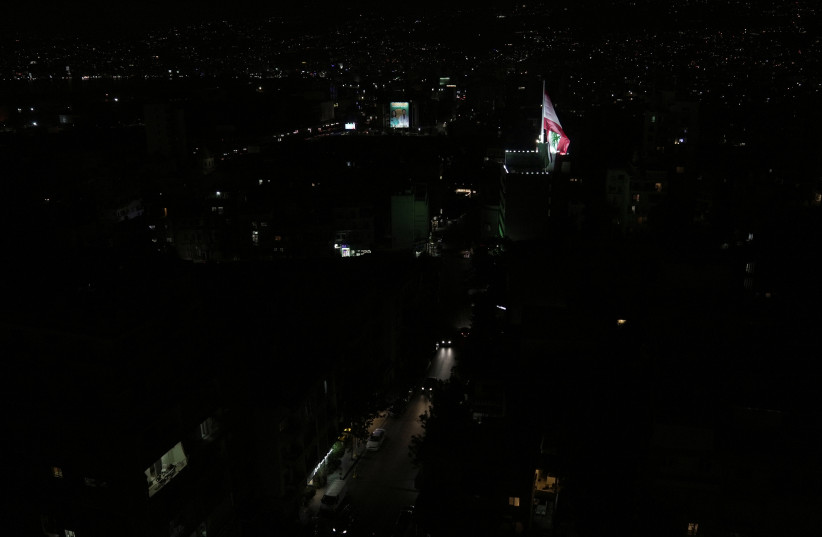Riad Salameh, the governor of Lebanon's central bank, is seemingly in hiding after a Lebanese judge ordered him to appear for questioning on allegations of embezzlement, with Lebanese media expressing concerns that the case could spark sectarian tensions.
State Security officers searched both of Salameh's homes and his office on Tuesday, but were unable to find the bank governor. Mount Lebanon General Prosecutor Ghada Aoun has issued an asset freeze and travel ban against Salameh.
Aoun issued the subpoena against Salameh as part of a lawsuit filed by the People Want to Reform the System group accusing the bank governor of "illicit enrichment, money laundering and squandering public funds on personal benefits."
Germany, France, Luxembourg and Switzerland have also requested information about Salameh's finances due to suspicions of money laundering and embezzlement by Salameh, according to Reuters.
Lebanese media outlets reported on Tuesday that the General Directorate of State Security was confronted by the Internal Security Forces protecting Salameh and that the Internal Security Forces tried to prevent the State Security forces from entering Salameh's home.

The Internal Security Forces denied the reports that it had prevented the arrest of Salameh, saying that the forces are "not authorized to interfere, report or even prevent the implementation of any official memorandum."
The General Directorate of State Security also stated that the reports were inaccurate and that the security directorates are keen to coordinate and cooperate.
Aoun stated on Tuesday that she will continue to pursue Salameh, until she "brings him under the arc of justice," according to the Lebanese National News Agency (NNA). Aoun additionally contacted the Internal Security Forces to find out if there was any written decision "not to harm Salameh."
Reports in Lebanese media on the issue pointed towards sectarian tensions rising due to the case.
The Future Movement condemned the attempt to arrest Salameh, saying it was an attempt by the Free Patriotic Movement, founded by President Michel Aoun, to gain favor before the upcoming parliamentary elections and calling it a "step in the path of collapse."
The movement claimed that President Aoun made a direct request to have Salameh detained in order to "justify the failure in the ongoing negotiations with the International Monetary Fund and disrupt these negotiations and strike any possibility of achieving economic stability."
The Future Movement also mentioned the reports of State Security clashing with the Internal Security Services, saying that Aoun was willing to have Salameh "dragged" in even if it would cause a clash between security forces.
President Aoun's office denied the Future Movement's claims calling them an "absolute lie."
Nida' al Watan, a newspaper backed by former Christian Kataeb party member Michel Mecattaf, called the case against Salameh an "Aounist attack" and an attempt to place someone affiliated with the Free Patriotic Movement as the head of the central bank.
Lebanese newspaper Al Joumhouria quoted a political source as saying that "arresting Salameh in a defiant manner would lead to a civil war" and warning against "underestimating the consequences that could result from such behavior."
Meanwhile, the Lebanese newspaper Al-Akhbar claimed that Salameh is "protected" by the Maronite Patriarchate, the Shi'ite Council, the Sunni Dar al-Fatwa, the Akl Sheikhdom of the Druze and Christian churches. The newspaper also pointed a finger at the army, NGOs, internal security forces, charities, sports clubs, educational institutions and hospitals.
Al-Akhbar additionally claimed that Lebanese Prime Minister Najib Mikati threatened to resign if Salameh is removed from his position.
